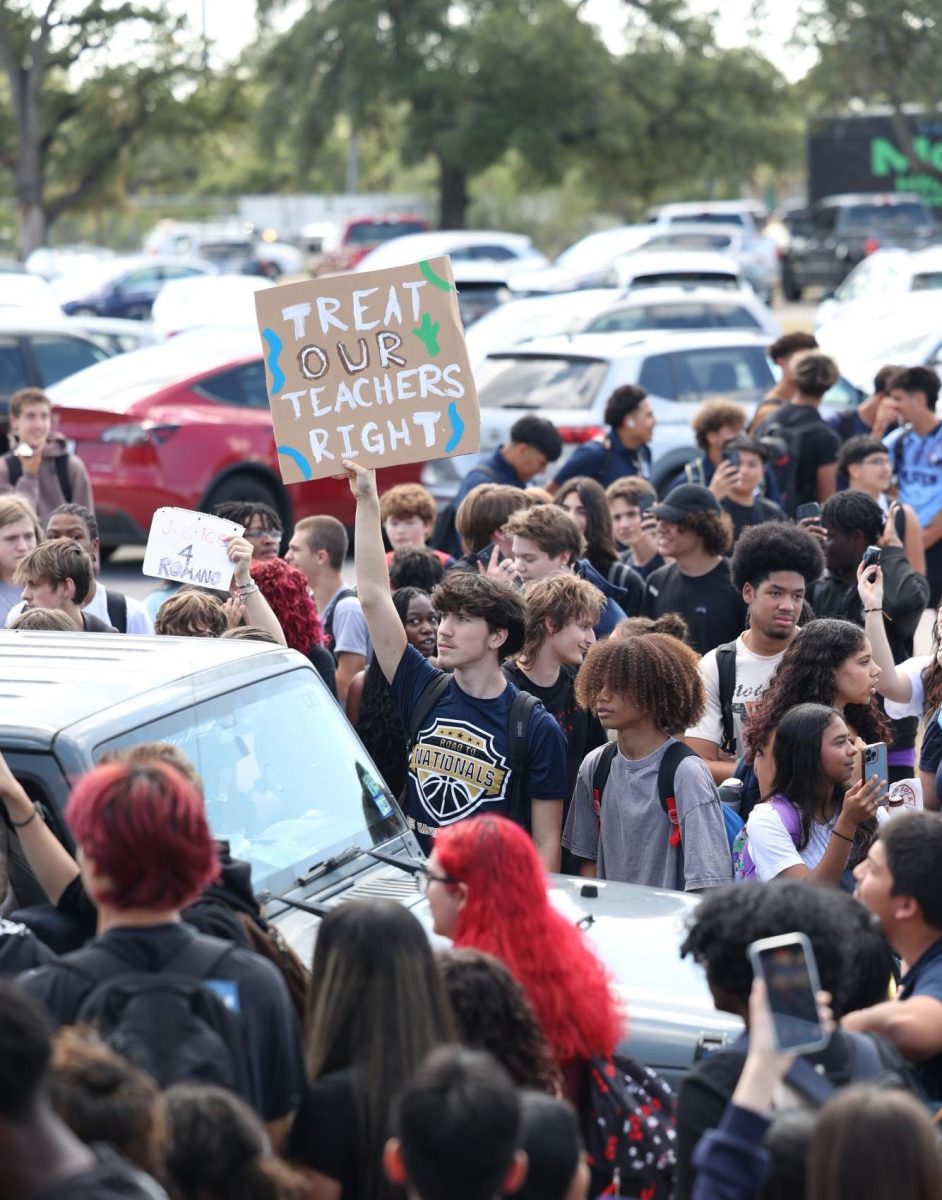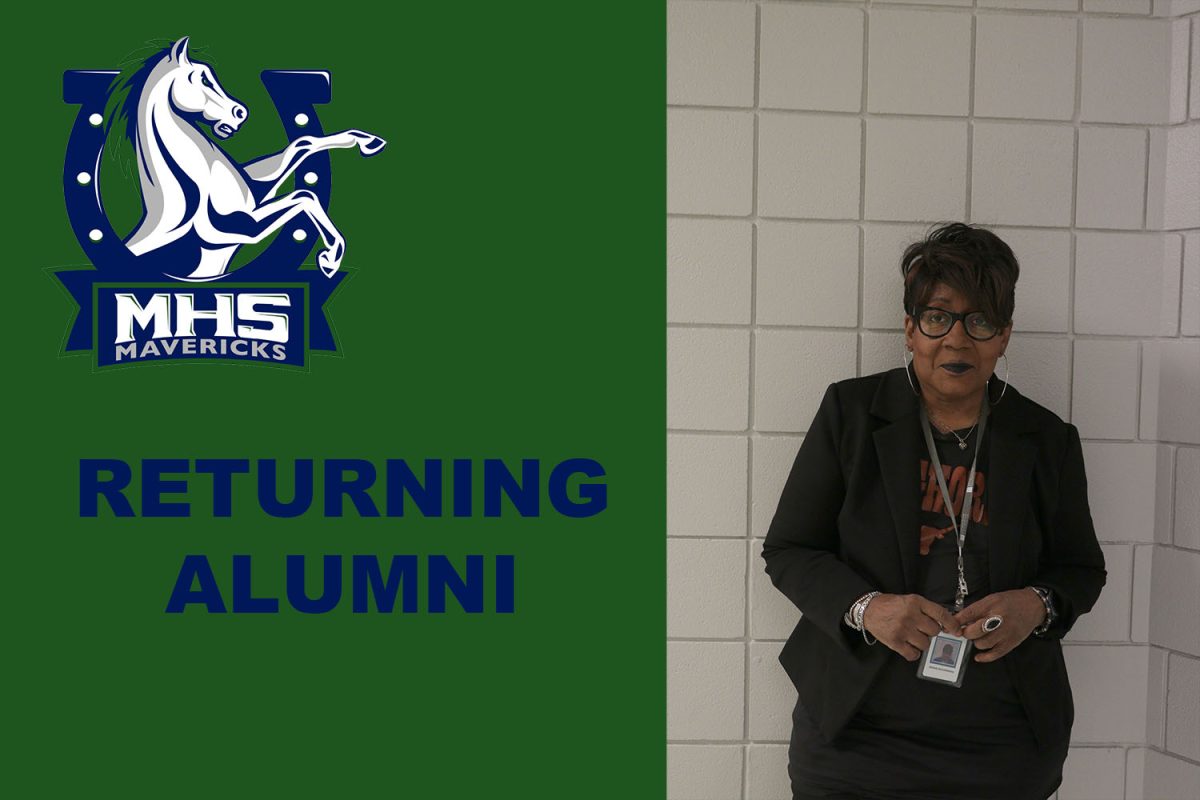As of Tuesday, Feb. 29, 2024, there has been a reinforcement of a rule regarding students with off periods, who will now not be let into the library. Students must instead temporarily report to their suites, until they can get proper transportation to permanently remain off campus during their off periods.
This is due to the “Off Campus Contract” that students with off periods were administered, stating that if they are given a free period, they “will leave the McNeil campus prior to the ringing of the tardy bell.”
Many students claim that they were never presented with this form, and did not know about this rule. Students are increasingly frustrated that their study and relaxation spaces have now been revoked. Because of this and other factors following, this rule should be repealed.
In an effort to pinpoint and cease problems like cutting class, student rebellion and more, the administration has targeted the library. This is putting a bandaid over a larger issue- and though it may cause an initial reduction in these obstacles, eventually student behavior and attitude towards school will drastically worsen, as school decreases in enjoyability.
Studies have long shown a direct relationship between a welcoming environment and student achievement. When students feel respected, unrestricted from creativity and have good relationships with staff and friends, they conduct themselves better and allocate more effort into school. Therefore, it is encouraged for schools to strive to enhance their climates in order to maximize student motivations.
Luckily, the Round Rock Independent School District recognizes this and pushes for consistent advancements in camaraderie and community. In fact, the Superintendent of Schools, Dr. Hafedh Azaiez, has stated proudly that “Our mission (…) must be to come together to ensure that every single student in Round Rock ISD has the opportunity to achieve their dreams and realize their potential.”
However, these values are not reflected in the enforcement of these guidelines. Forcing students out of the library, the main location in our school for unwinding, playing games with others, group studying, talking and more, is a direct attack on the community at McNeil. It instead brings a harsh, negative environment to the school, which will likely lead to an overflow of uncontrollable students. Blocking student access to the library will cause rebellion and therefore lower academic performance.
Speaking of student productivity, off-campus students often go to the library purely to study. If McNeil truly wants to promote excellence in academics, they should provide these spaces to students.
The library may be some students only place that permits students to focus. McNeil’s library is free of distractions in its studying areas- and when student home lives are cluttered and chaotic, it is a relief to come to school and be able to focus.
It is also a common and accepted belief in psychology that dedicating a specific area to studying will improve and hold concentration for longer periods of time. Even for students who may not have as exigent of a life, designating the library as their study space can aid in the transition from play to work-mode. Students can more easily get work done, understand concepts while studying and formulate ideas.
With these areas readily available, it inspires students to prioritize their academics and supports their success in school. Therefore, these new reinforcements which exile the main population of students who study in the library, stagnates student performance and dissolves free learning habitats at McNeil. Additionally, the effects of these guidelines once again go against district desires to help students reach their full academic potential.
Finally, there are some students who need the library for not just the studying spaces, but for the educational tools. The printer, computers and internet access which are not guaranteed at home to some, were once open to the public for individuals who needed them. This inequity problem is worsened by this decision, and may even lead to higher dropping out rates. Students from low income families, or at a disadvantage are five times more likely to drop out, according to the National Center for Education Statistics. If McNeil wants to retain students and improve the lives of those in need, it should make the library open again.
There are a multitude of compromises to be made for this issue. Off-period students can get passes from their teachers to stay in the library. That way, librarians would be ensured to know who’s in the library in case of an emergency; security would still be a top priority. Or, students could only be permitted to be let into the library a set amount of times per week. Students will then have some access to the library and resources, although still limited.
In conclusion, McNeil students need the library. It is a pivotal piece in lifting students’ perceptions of school, increasing academic performance and creating a welcoming environment.













